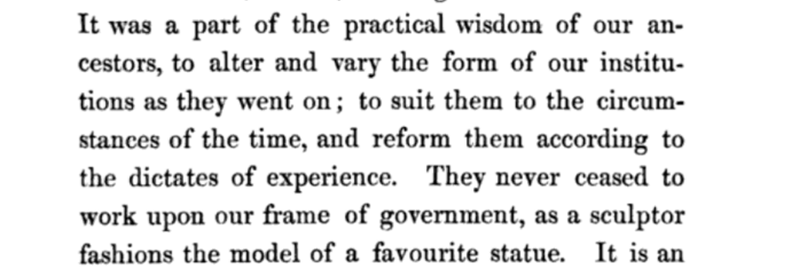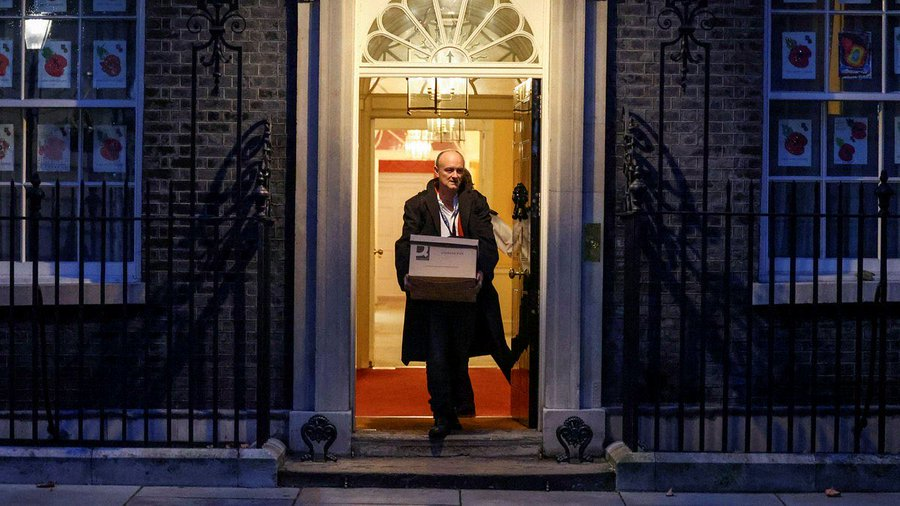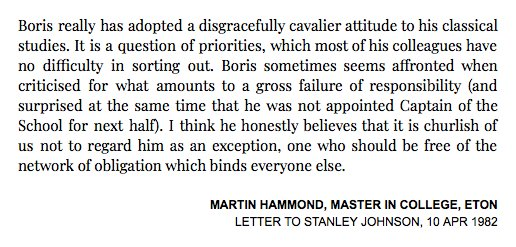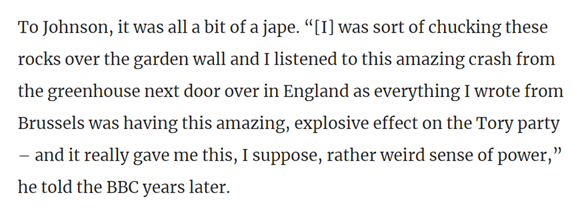
Important lecture by the Chair of the Committee on Standards in Public Life, warning of a fear "that those in public life no longer feel obliged to follow the so-called Nolan principles of selflessness, integrity, objectivity, accountability, openness, honesty & leadership".[1/8]
https://twitter.com/PublicStandards/status/1327882713634889730
2. The speech offers a stark warning of the direction of travel in British politics: "a democracy without ethical standards ... where those elected make decisions solely in the interests of their supporters or paymasters". 

3. The outsourcing of public services to private companies poses a particular challenge to the Nolan Principles. Even before the pandemic, 1/3 of public expenditure went on services delivered privately. Post-Covid, that figure will now be much higher. 

4. "If someone acts in ways that breaks the rules or violates the principles, they should be answerable for their conduct. Many are questioning if this is still the case today." 

• • •
Missing some Tweet in this thread? You can try to
force a refresh











